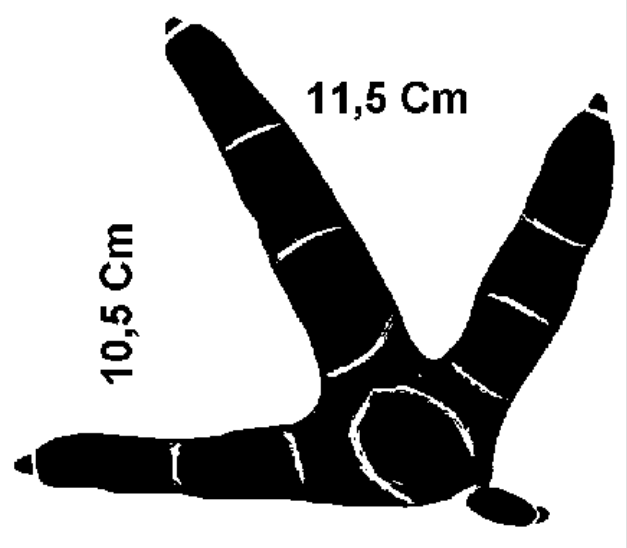No we [kæn]
If something bad happened to someone you hold in contempt, would you give a fig, a shit or a flying f**k? While figs might be a luxury food item in Britain, their historical status as something that is valueless or contemptible puts them on the same level as crap, iotas and rats’ asses for the purposes of caring.

In English, we have a wide range of tools for expressing apathy. But we don’t always agree on how to express it, and even use seemingly opposite affirmative and negative sentences to express very similar concepts. Consider the confusing distinction between ‘I couldn’t care less’ vs. ‘I could care less’ which are used in identical contexts by British and American speakers of English to mean pretty much the same thing. This mind-boggling pattern makes sense when we realise that those cold-hearted people who couldn’t care less have a care-factor of zero, while the others don’t care much, but could do so even less, if necessary.

Putting aside such oddities, negation is normally crucial to interpreting a sentence – words like ‘not’ determine whether the rest of the sentence is affirmative or negative (i.e. whether you’re claiming it is true or false). Accordingly, languages tend to mark negation clearly, sometimes in more than once place within a sentence. One of the world’s most robust languages in this respect is Bierebo, an Austronesian language spoken in Vanuatu, where no less than three words for expressing negation are required at once (Budd 2010: 518):
Mara a-sa-yal re manu dupwa pwel.
NEGl 3PL.S-eat-find NEG2 bird ANA NEG3
‘They didn’t get to eat the bird.’
While marking negation three times might seem a little inefficient, this pales in comparison to the problems that arise when you don’t clearly indicate it all. We only have to turn to English to see this at work, where the distinction between Received Pronunciation can [kæn] and can’t [kɑ:nt] is frequently imperceptible in American varieties where final /t/ is not released, resulting in [kæn] or [kən] in both affirmative and negative contexts.

You might think that once a word or affix or sound that indicates negation has been removed from a word, there isn’t anywhere else to go. But some Dravidian languages spoken in India really push the boat out in this respect. Instead of adding some sort of negative word or affix to an affirmative sentence to signal negation, the tense affix (past –tt or future -pp) is taken away, as shown by the contrast between literary Tamil affirmatives and negatives.
pati-tt-ēn pati-pp-ēn patiy-ēn
‘I learned’ ‘I will learn.’ ‘I do/did/will not learn.’
This is highly unusual from a linguistic point of view, and it’s tempting to think that languages avoid this type of negation because it is difficult to learn or doesn’t make sense design-wise. But historical records show similar patterns have been attested across Dravidian languages for centuries. This demonstrates that inflection patterns of this kind can be highly sustainable when they come about – so we might be stuck with the can/can’t collapse for a while to come.








